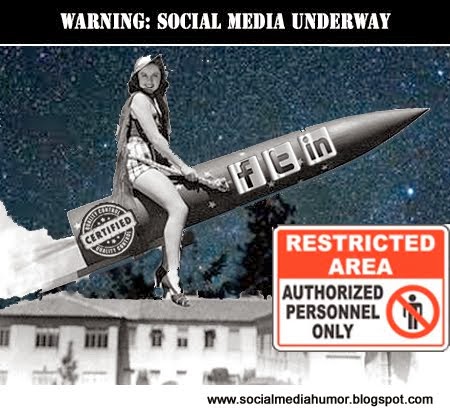Workplace Tattoos: Too much Ink in the Inc?
"Tattoo? What Tattoo?"Regardless of whether you like them or not, does a visible tattoo influence your opinion of the person wearing it? Sure it does. It's why we wear a suit, shine our shoe and/or spend extra time on our hair for a job interview. Our appearance in the workplace says a lot. And tattoos can say much more.
According to a survey conducted by the Pew Research Center last year, the percentage of U.S. adults age 26-40 who have at least one tattoo is 40%. How people react to tattoos depends upon many different factors. Your generation, your cultural background or religion, your views on self-expression - all of which has nothing to do with the subject matter of the tattoo, where on the body it's placed, and whose body it's on. But in business, there are a slew more of questions often going undiscussed as it's a slippery slope.
First, it depends on the visibility. Business people have had tattoos long before their recent popularity -- but they were often hidden on the upper arm and chest. Now, wrist, hand, nape of neck, feet and ankle have become popular tattoo locations.
Next I suppose it depends upon the business you're in. There are certain people we've come to expect to have tattoos. Athletes, graphic artists, musicians, truck drivers to name a few. Nowadays, you raise an eyebrow if the bartender at the local watering hole doesn't have "sleeves."
Thirdly it depends upon the tattoo. Say it's an offensive word or image. An inappropriate tattoo is no different than wearing an inappropriate shirt. In either of these cases, the workplace is no place for it. But then we get into the definition of what's offensive. (I told you it was a slippery slope). But many in the military wear their division proudly. Would that influence your decision? What if it a flower, a religious symbol, a significant date in that person's life? In a Career Builder survey in 2011, some 31% of employers listed visible tattoos as something that would hinder a promotion.
Ask those with tattoos and they will probably tell you they have lost jobs because of their "ink." Discrimination by gender, sexual-orientation, race, physical disability are all handled by the EEOC. But what about tattoos? Can you legally turn someone away because of their choice to tattoo their skin? A US federal appeals court ruled in 2006 that ordering public employees to cover up their tattoos did not violate their First Amendment rights. New laws are trying to change that.
For me, tattoos are like fur coats: I may admire their beauty, but you'd never catch me with one. And I change the wallpaper on my phone weekly so I can't imagine being happy looking at the same design for the rest of my life. But if they make you happy, go ahead. I also don't care whether someone I do business with has one or several visible tattoos. I've tried to think of a scenario where in I would have reservations and I just can't. Heck, permanent make up are facial tattoos and no one has a problem with those. I suppose it's all how you at it.




Comments
Post a Comment
What say you?